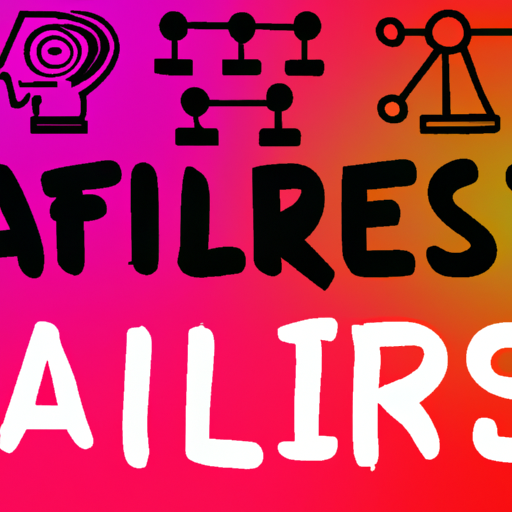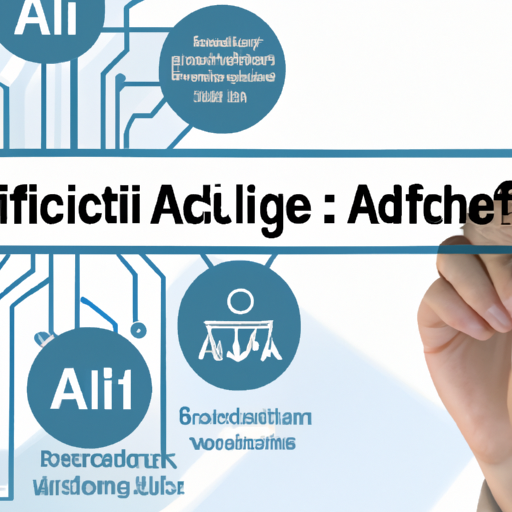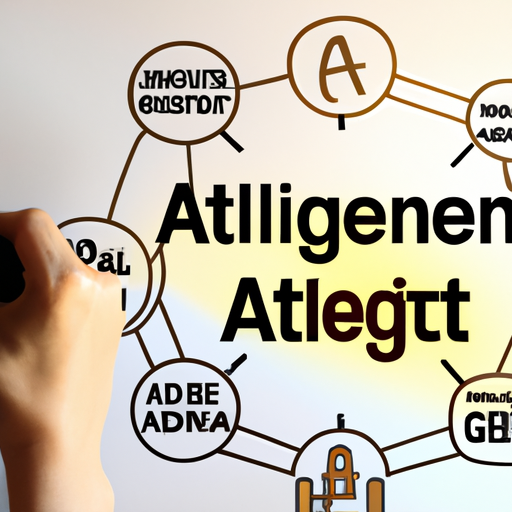Published on: October 2023
As artificial intelligence (AI) continues to infiltrate various industries, discussions surrounding AI ethics and fairness have become increasingly crucial. In 2023, the need for ethical AI frameworks has never been more apparent, especially with the rapid advancement of machine learning technologies.
The Importance of AI Ethics
AI has the potential to transform lives and industries, but it also poses significant ethical challenges. Issues such as biased algorithms, privacy concerns, and AI accountability are at the forefront of the ethical debate. It is critical that organizations prioritize AI ethics to build trust and ensure social responsibility.
Challenges in Achieving Fairness
One of the primary barriers to achieving fairness in AI systems lies in bias—whether it originates from the data used for training AI models or the societal norms that influence the design process. To mitigate these biases, it is essential for developers to implement robust fairness protocols and perform continuous evaluations of their algorithms.
Strategies for Ethical AI Development
Organizations can adopt various strategies to enhance their AI ethics framework:
- Inclusive Data Practices: Ensure that datasets are diverse and representative to minimize biases.
- Transparent Algorithms: Create AI models that are explainable, enabling stakeholders to understand decision-making processes.
- Regulatory Compliance: Stay informed on AI regulations and ensure adherence to established ethical guidelines.
- Stakeholder Engagement: Involve diverse groups in the design and implementation phases to capture different perspectives and insights.
Conclusion: A Future of Ethical AI
As we move further into the digital age, the focus on AI ethics and fairness will continue to grow. Organizations must adopt best practices in ethical AI development to not only comply with regulations but also to foster public trust and set a benchmark for others in the industry. By prioritizing ethical considerations, we can create a future where AI serves as a positive force for good, benefiting society as a whole.







